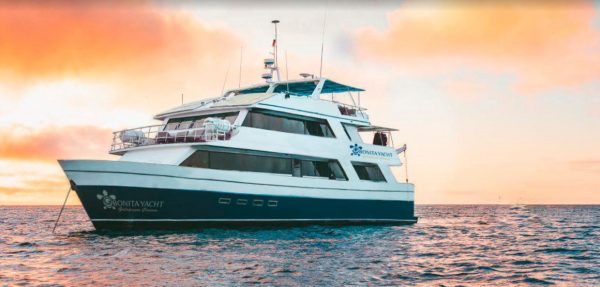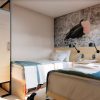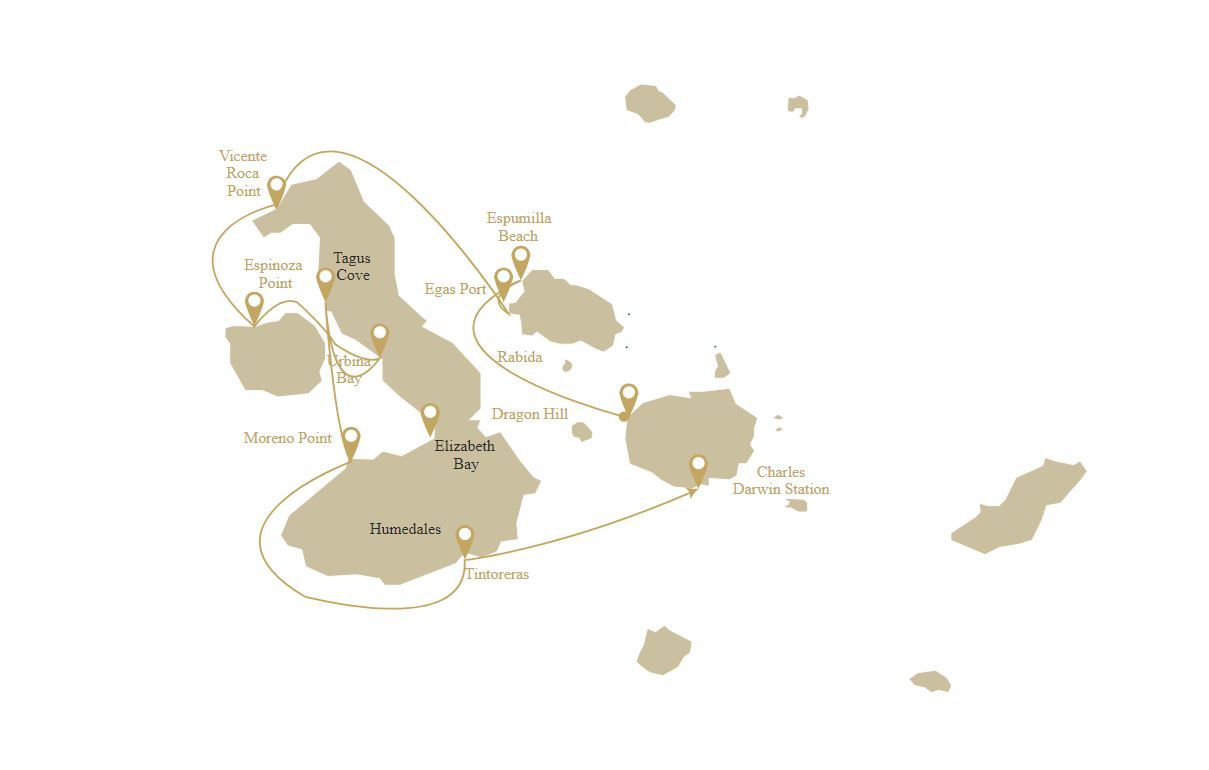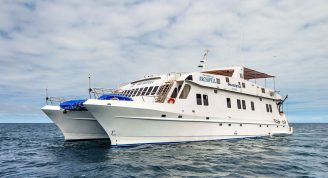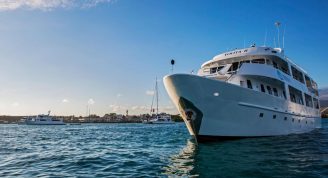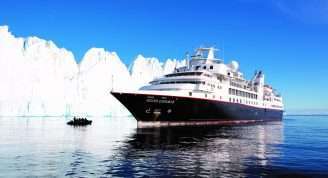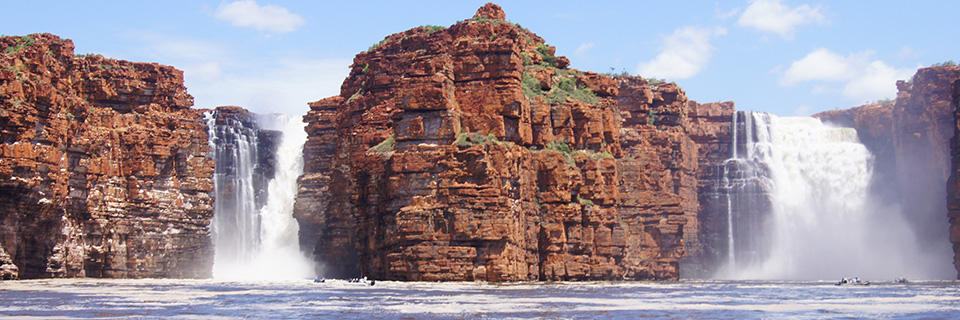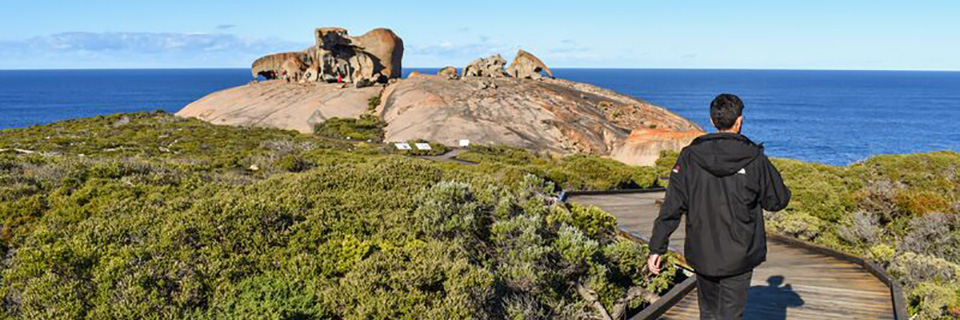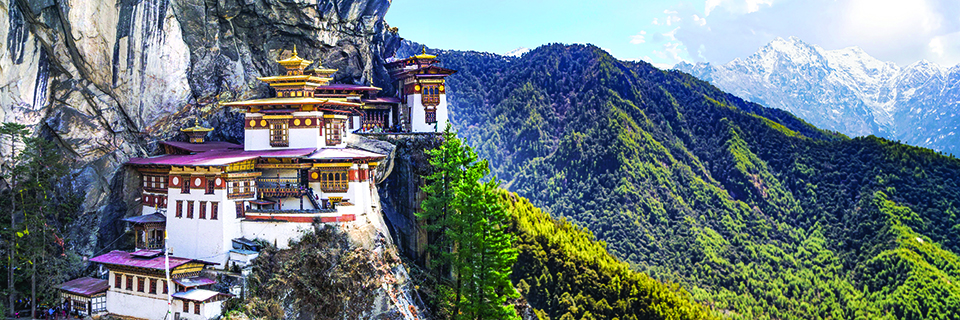Description
Our mission is to create a safe and healthy environment, where our guests can experience the enchanted islands and their most hidden places with the guidance of a naturalist guide. Enjoy this 7 day Western Galapagos cruise with us.
Trip Name
Galapagos Bonita Western Route A
Days
7
Overview
Vessel Type: Small Ship
Length: 25 meters
Passenger Capacity: 16
Refurbished: 2019
Welcome area: Totally Furnished
Social area: Artistic decoration inspired on endemic species of Galapagos. Direct access to the bar.
Dining area: Vegan and vegetarian options. Coffee and water station.
Cabins: Fully Equipped, 4 Cabins in the upper deck, 2 Cabin in the main deck, 3 Cabins in the lower deck. All cabins offers private facilities such as: private bathrooms, cold/hot water, air conditioning, towel dryer, safe.
Sundeck: Equipped with 6 chairs to rest and admire amazing landscapaes.
Amenities: Shampoo, conditioner, soap.
Exceptional Service: The physical capacity of the cruise is 16 passengers. This means that we have the space to accommodate single passengers and tour leaders, creating a very personalized on board experience.


